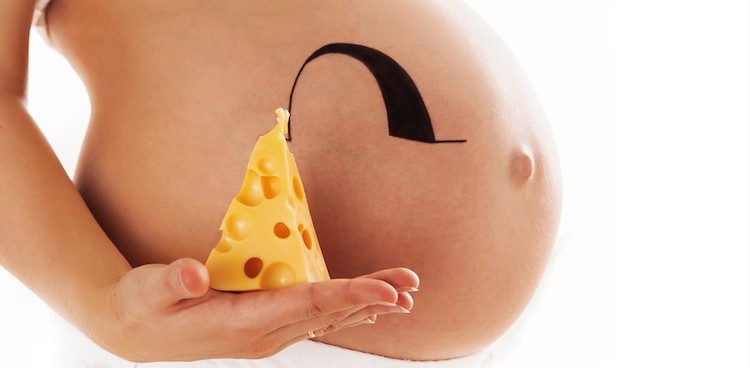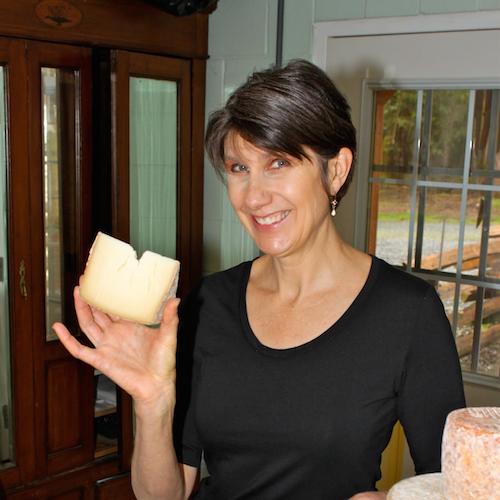
Often the bacterium Listeria is found in moist soil and on farms. One common type, L. monocytogenes, has been linked to miscarriage and is therefore concerning for moms-to-be. Though all dairy products—unpasteurized and pasteurized alike—are vulnerable to contamination, white mold-ripened cheeses, such as Brie and Camembert, are especially susceptible to Listeria growth. During aging, the pH levels of these cheeses increase, creating a favorable environment for unwanted bacteria.
In the case of raw-milk cheeses, hard and dry cheeses that are aged longer—such as Parmigiano Reggiano and clothbound cheddar—are unlikely to contain pathogens. The same is true of raw-milk cheeses in which curds are cooked for a long time at high heat, as in many Alpine-style cheeses. Fresh and young cheeses made with raw milk (not available commercially in the US, which mandates pasteurization of cheeses under 60 days of age) are considered higher risk.
So while cheese is packed with protein and minerals that will help grow a healthy baby (and keep momma content and sated), it’s up to the consumer to make educated food decisions based on individual risk.




